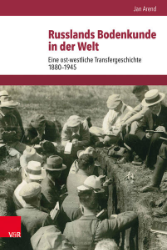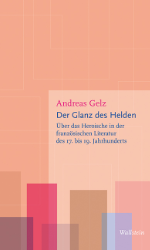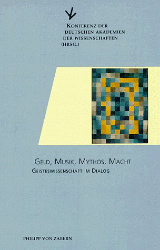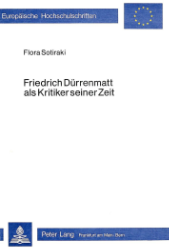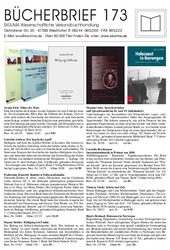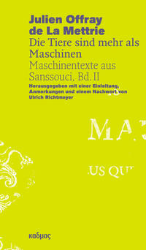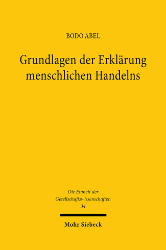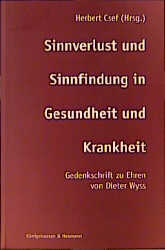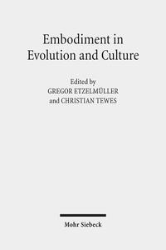
Embodiment in Evolution and Culture
Edited by Gregor Etzelmüller and Christian Tewes. 16 contributions to an international symposium, organised by the Heidelberg Marsilius-Project "Embodiment as Paradigm for an Evolutionary Cultural Anthropology" and held at the International Academic Forum Heidelberg (IWH) in December 2014, attempt to answer the question of how evolution brings forth an embodied human being that is able to transcend itself by shaping itself culturally. In an interdisciplinary effort by neurologists, anthropologists, physicians, philosophers and more, the volume sheds light on the human being as a symbol-using creature. Its contributions are subdivided by four thematic sections: Philosophical Concepts and Perspectives of Embodiment; The Embodied Evolution of Symbolic Competence; Embodiment as a Bridging Concepts for Evolutionary and Historical Anthropology; The Mutual Intertwinement of Nature and Culture. - From its beginnings, the theory of evolution has unsettled fundamental anthropological assumptions about the place of human beings in nature. The integration of human origins into natural history by Darwinism was countered by the philosophical anthropologies of the 20th century. Their attempts were to hold on even more resolutely to the special status of humans as beings 'open towards the world'. Today, evolutionary and philosophical anthropology have moved closer together via the paradigm of embodiment. Building on embodied cognitive science, this volume aims to establish how far the human mind and human cultural cognition can be attributed to the structures of human existence, structures which have emerged in the course of evolution and have in turn been affected by culture. The traditional dualism of nature and culture is transformed into an explanation of an evolutionary process in which body and mind are understood to be intertwined and mutually constitutive. With contributions by Mog Stapleton, Christian Tewes, Karim Zahidi/Erik Myin, Christian Spahn, Thomas Fuchs, Terrence Deacon, Jordan Zlatev, Matthias Jung, Gregor Etzelmüller, Eve-Marie Engels, Christoph Wulf, Annette Weissenrieder, Lambros Malafouris, Duilio Garofoli, Shaun Gallagher/Tailer G. Ransom, Wolfgang Welsch and introductions to the four thematic sections by Christian Tewes, Magnus Schlette, Alexander Massmann and Miriam Haidle. IX,383 Seiten, broschiert (Mohr Siebeck 2016)

